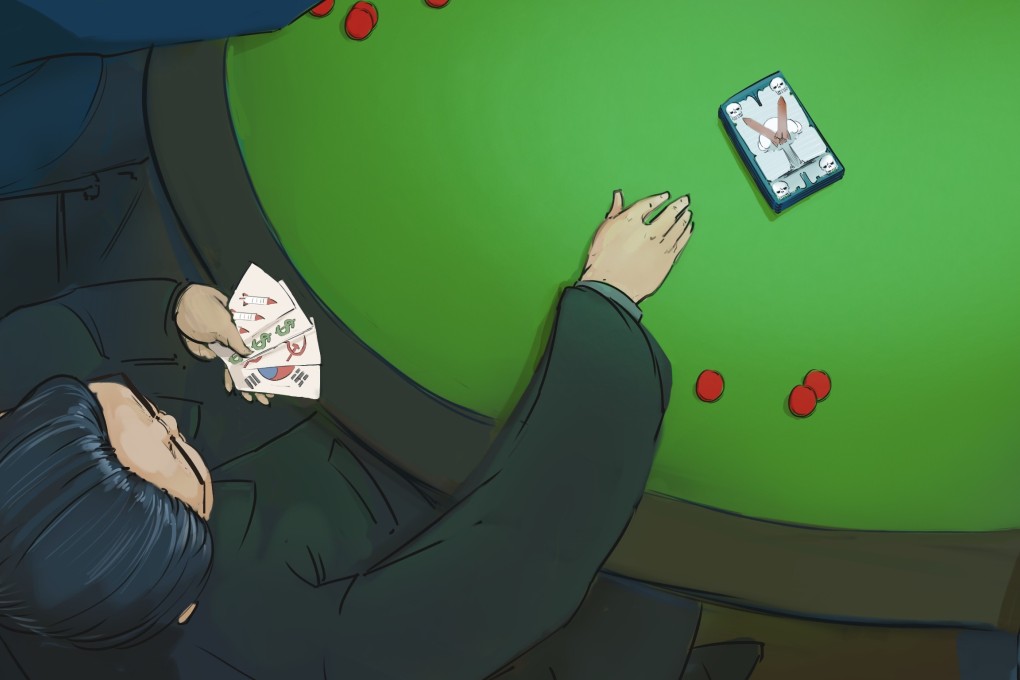Opinion | Will North Korea disarm? That may depend on how the US and China play their cards in the next phase of nuclear talks
- John Barry Kotch says the North Korean nuclear negotiations are complicated by Pyongyang’s call for the removal of the US nuclear umbrella from the Korean peninsula. Presidents Xi Jinping and Donald Trump are also wild cards in the talks

Similarly, the announcement that the US would review its policy on humanitarian aid to the North, easing sanctions associated with Washington’s campaign of maximum economic and diplomatic pressure on Pyongyang, is a small step in the right direction, as has been increasingly sought by international aid groups.
Finally, given the vagueness of the communique of the Trump-Kim summit and the lack of concrete follow-up measures (such as a detailed summit agenda by Secretary of State Mike Pompeo), a second Trump-Kim summit would require a deep dive in the details of denuclearisation. Although Vice-President Mike Pence has apparently said the US “would not demand” a North Korean declaration of its nuclear and missile programmes as a precondition for a second summit, numbers, locations and the operational readiness of the arsenal would still have to be on the table. Therein lies the rub.

